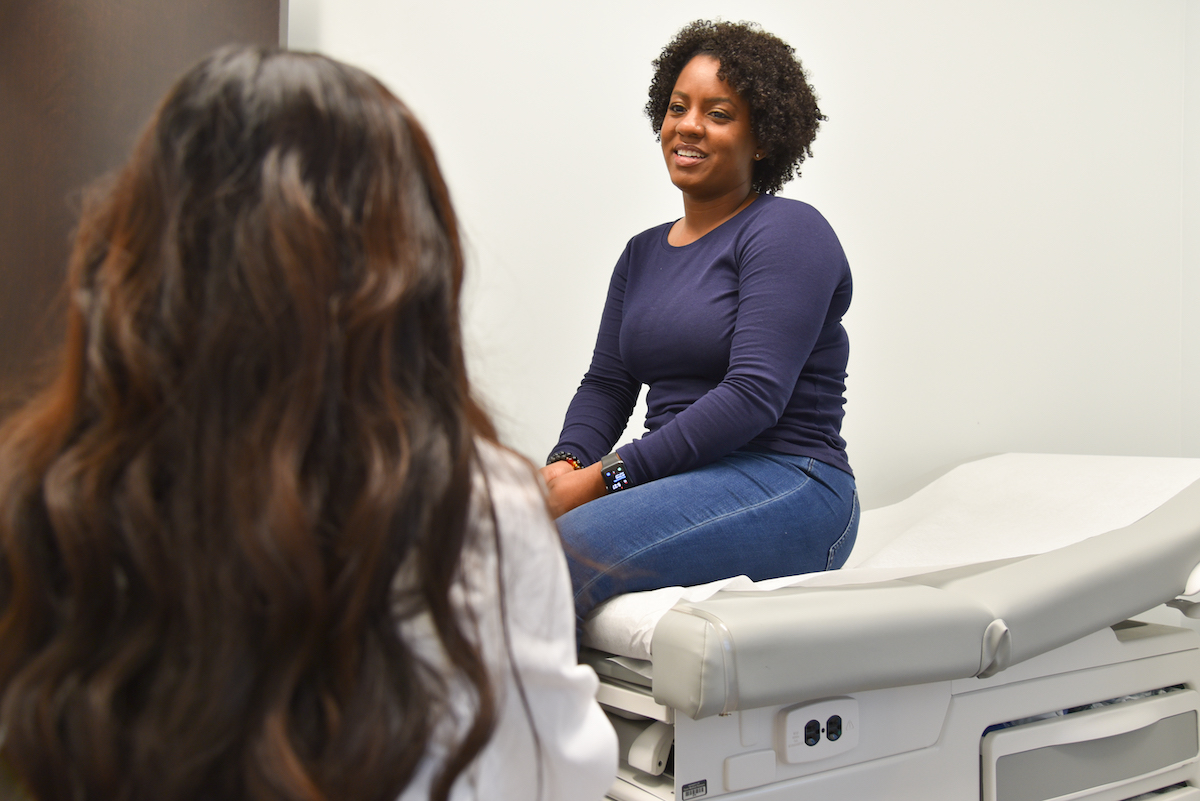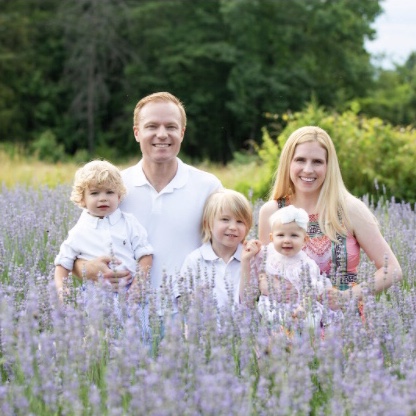
At Tryon Medical Partners, clinicians like Dr. Michael Farwell strive to expand their patients’ understanding of how their primary care provider can help them meet their health goals. As a doctor of osteopathic medicine (D.O.), Dr. Farwell’s medical philosophy focuses on prevention and holistic care based on an intrinsic belief that bodies can heal themselves when provided the support and care necessary to do so.
The D.O. difference
Although the idea of medical practice focused on prevention and wellness may seem modern, osteopathic medicine was founded in 1874. Its founder, Dr. Andrew Taylor Still felt standard medical practices were failing to meet some of the most pressing medical needs of the times. He began studying the human body and focusing on better ways to treat disease.
Clinicians licensed as D.O.s, like their M.D. peers, must pass national or state board exams in order to practice medicine. Like M.D.s, osteopathic clinicians use all of the tools available to them through modern medicine including prescription medication and surgery. However, D.O.s may also use osteopathic manipulative medicine (OMM) techniques to treat illness and injury, alleviate pain, rehabilitate range of motion, and strengthen the body’s capacity to heal.
“D.O.s are focused on mind, body and spirit,” Dr. Farwell notes. “They’re thinking of their patient as a complete person.”
Living the D.O. philosophy

As a D.O., Dr. Farwell is not just listening for a list of health problems, but rather, a health story. He is aware that people may feel uncomfortable sharing their health story with a clinician, so he keeps his approach informal, ensuring he knows patients by their name.
“If a patient is uncomfortable sharing or addressing a certain issue, that can get in the way of providing them the care they need. Even starting an appointment with a simple ‘hello’ can have a big impact on health outcomes.”
Dr. Farwell is a big believer in prevention and lives his life in line with his wellness values so that he can better connect with his patients. He eats healthy meals, exercises frequently and even uses some principles of D.O. care in his personal life. When his wife was pregnant and suffered from painful swelling, he provided OMM techniques he learned in medical school to alleviate her symptoms.
Guidance on fostering a positive primary care relationship
Dr. Farwell highlights that the type of doctor you have is less important than the relationship you have with them. There is no “one size fits all” approach to primary care.
“More important than whether you want an M.D., D.O., or N.P., is fit. We all have unique personalities. It’s not so much about the training of the clinician but the relationship.”
To find the right fit with your primary care provider, Dr. Farwell recommends asking yourself three important questions:
- Comfort. Are you feeling comfortable seeing your clinician, from the minute you walk in until the time you leave?
- Knowledge. Do you feel your clinician has the knowledge you need to get the best treatment possible?
- Trust. Do you know that you can talk to your clinician about anything, and trust the advice they’re giving you?
Given the impact your relationship with your primary care provider may have on your health, it is critical to find a clinician that works for you. Reach out to Tryon today to see what kind of care may be available to you if you feel ready to find the right fit.

